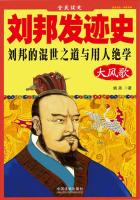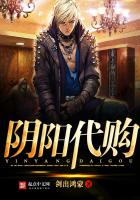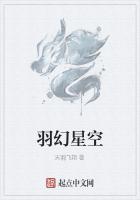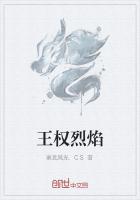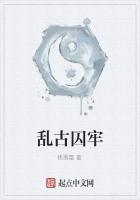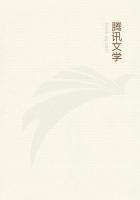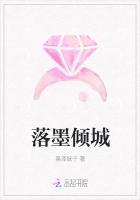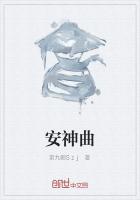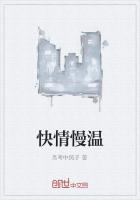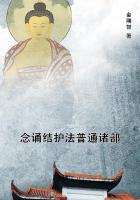附录一 《假如给我三天光明》英文原版
Three Days To See
All of us have read thrilling stories in which the hero had only a limited and specified time to live. Sometimes it was as long as a year; sometimes as short as twenty-four hours. But always we were interested in discovering just how the doomed man chose to spend his last days or his last hours. I speak, of course, of free men who have a choice, not condemned criminals whose sphere of activities is strictly delimited.
Such stories set us thinking, wondering what we should do under similar circumstances. What events, what experiences, what associations should we crowd into those last hours as mortal beings? What happiness should we find in reviewing the past, what regrets?
Sometimes I have thought it would be an excellent rule to live each day as if we should die tomorrow. Such an attitude would emphasize sharply the values of life. We should live each day with a gentleness, a vigor, and a keenness of appreciation which are often lost when time stretches before us in the constant panorama of more days and months and years to come. There are those, of course, who would adopt the Epicurean motto of "Eat, drink, and be merry," but most people would be chastened by the certainty of impending death.
In stories the doomed hero is usually saved at the last minute by some stroke of fortune, but almost always his sense of values is changed. he becomes more appreciative of the meaning of life and its permanent spiritual values. It ahs often been noted that those who live, or have lived, in the shadow of death bring a mellow sweetness to everything they do.
Most of us, however, take life for granted. We know that one day we must die, but usually we picture that day as far in the future. When we are in buoyant health, death is all but unimaginable. We seldom think of it. The days stretch out in an endless vista. So we go about our petty tasks, hardly aware of our listless attitude toward life.
The same lethargy, I am afraid, characterizes the use of all our faculties and senses. Only the deaf appreciate hearing, only the blind realize the manifold blessings that lie in sight. Particularly does this observation apply to those who have lost sight and hearing in adult life. But those who have never suffered impairment of sight or hearing seldom make the fullest use of these blessed faculties. Their eyes and ears take in all sights and sounds hazily, without concentration and with little appreciation. It is the same old story of not being grateful for what we have until we lose it, of not being conscious of health until we are ill.
I have often thought it would be a blessing if each human being were stricken blind and deaf for a few days at some time during his early adult life. Darkness would make him more appreciative of sight; silence would tech him the joys of sound.
Now and then I have tested my seeing friends to discover what they see. Recently I was visited by a very good friends who had just returned from a long walk in the woods, and I asked her what she had observed.. "Nothing in particular, " she replied. I might have been incredulous had I not been accustomed to such reposes, for long ago I became convinced that the seeing see little.
How was it possible, I asked myself, to walk for an hour through the woods and see nothing worthy of note? I who cannot see find hundreds of things to interest me through mere touch. I feel the delicate symmetry of a leaf. I pass my hands lovingly about the smooth skin of a silver birch, or the rough, shaggy bark of a pine. In the spring I touch the branches of trees hopefully in search of a bud the first sign of awakening Nature after her winter"s sleep. I feel the delightful, velvety texture of a flower, and discover its remarkable convolutions; and something of the miracle of Nature is revealed to me. Occasionally, if I am very fortunate, I place my hand gently on a small tree and feel the happy quiver of a bird in full song. I am delighted to have the cool waters of a brook rush thought my open finger. To me a lush carpet of pine needles or spongy grass is more welcome than the most luxurious Persian rug. To me the page ant of seasons is a thrilling and unending drama, the action of which streams through my finger tips.
At times my heart cries out with longing to see all these things. If I can get so much pleasure from mere touch, how much more beauty must be revealed by sight. Yet, those who have eyes apparently see little. the panorama of color and action which fills the world is taken for granted. It is human, perhaps, to appreciate little that which we have and to long for that which we have not, but it is a great pity that in the world of light the gift of sight is used only as a mere conveniences rather than as a means of adding fullness to life.
If I were the president of a university I should establish a compulsory course in "How to Use Your Eyes". The professor would try to show his pupils how they could add joy to their lives by really seeing what passes unnoticed before them. He would try to awake their dormant and sluggish faculties.
Perhaps I can best illustrate by imagining what I should most like to see if I were given the use of my eyes, say, for just three days. And while I am imagining, suppose you, too, set your mind to work on the problem of how you would use your own eyes if you had only three more days to see. If with the on-coming darkness of the third night you knew that the sun would never rise for you again, how would you spend those three precious intervening days? What would you most want to let your gaze rest upon?
I, naturally, should want most to see the things which have become dear to me through my years of darkness. You, too, would want to let your eyes rest on the things that have become dear to you so that you could take the memory of them with you into the night that loomed before you.
If, by some miracle, I were granted three seeing days, to be followed by a relapse into darkness, I should divide the period into three parts.
The First Day


